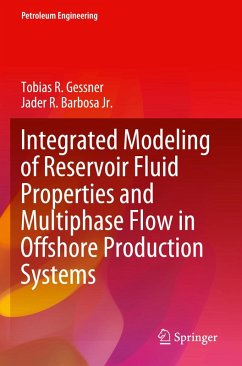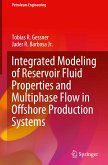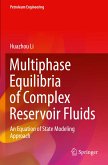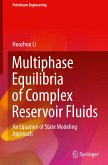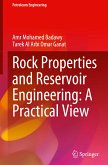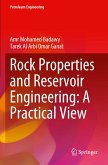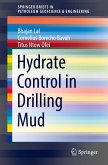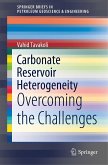The book is intended for practicing engineers in the oil industry, researchers, and graduate students interested in designing and simulating offshore hydrocarbon production systems. It approaches offshore oil production systems from an integrated perspective that combines the modeling of thermophysical properties of reservoir fluids and their flow as a multiphase mixture in wellbores, flow lines, and risers.
The first part of the book presents an internally consistent method to compute the critical parameters and acentric factor of Single Carbon Number (SCN) fractions of petroleum mixtures using state-of-the-art multivariate fitting techniques. The procedure is illustrated and validated using flash and differential liberation data from actual field samples.
In the second part of the book, mechanistic multiphase flow models are discussed in light of their ability to predict the pressure, temperature, and phase holdup of production fluids in wellbores, flow lines, and risers. Multivariate fitting procedures are again applied to evaluate the sensitivity of the results with respect to closure relationship parameters, such as slug body gas holdup, wall shear stress, and wall roughness in pipelines and production tubing. Finally, the modeling framework is validated using actual field data from offshore production wells.
The first part of the book presents an internally consistent method to compute the critical parameters and acentric factor of Single Carbon Number (SCN) fractions of petroleum mixtures using state-of-the-art multivariate fitting techniques. The procedure is illustrated and validated using flash and differential liberation data from actual field samples.
In the second part of the book, mechanistic multiphase flow models are discussed in light of their ability to predict the pressure, temperature, and phase holdup of production fluids in wellbores, flow lines, and risers. Multivariate fitting procedures are again applied to evaluate the sensitivity of the results with respect to closure relationship parameters, such as slug body gas holdup, wall shear stress, and wall roughness in pipelines and production tubing. Finally, the modeling framework is validated using actual field data from offshore production wells.

